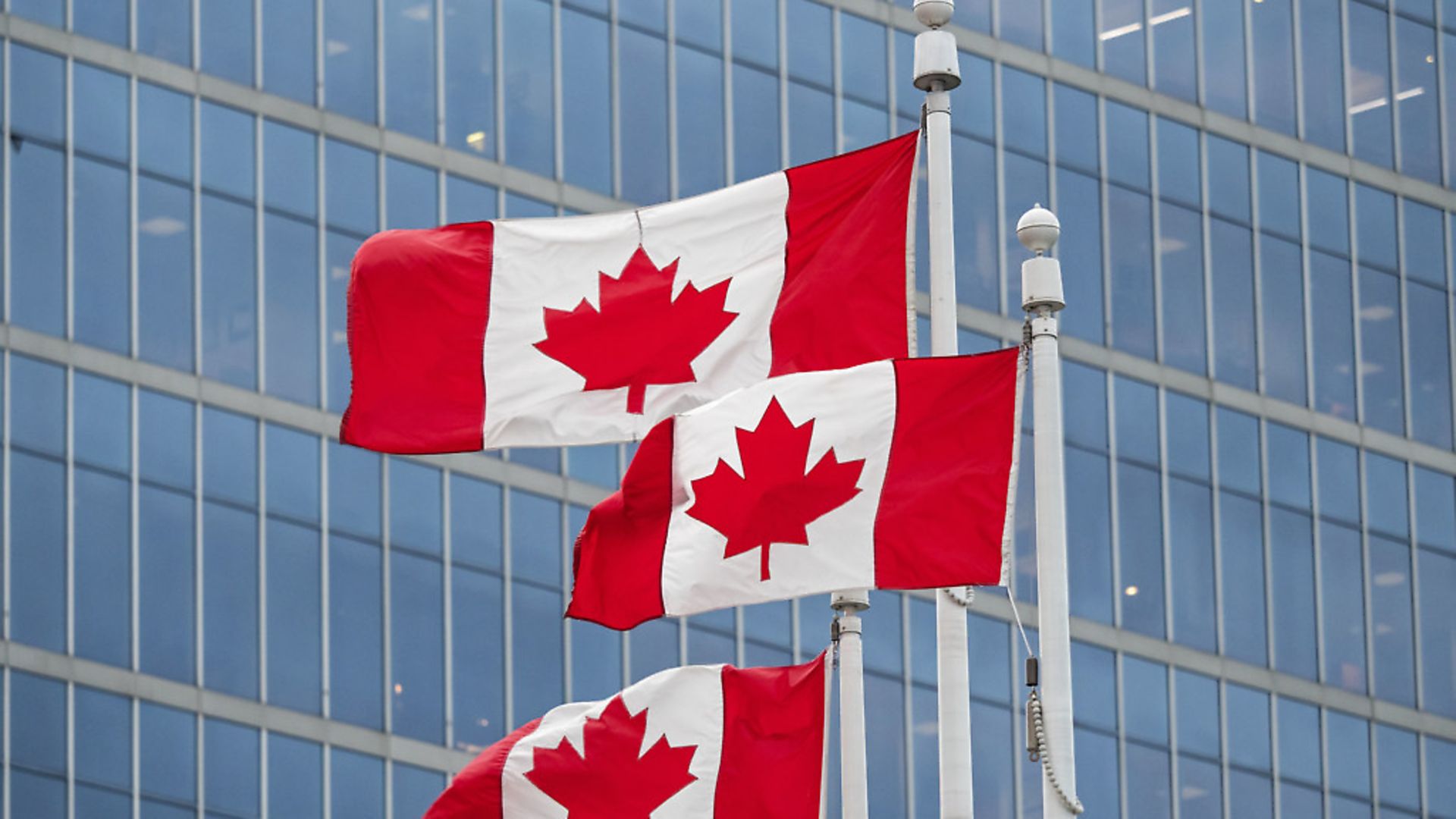
Barnaby Towns slays another unicorn – the enduring myth of a Canada-style deal
Built on ideological fantasy rather than evidence-based fact, Brexiteer beliefs refuse to die – despite head-on collisions with reality. Trading on World Trade Organisation rules with zero tariffs and customs checks is one. German carmakers riding to Brexit’s rescue by forcing Angela Merkel’s hand is particularly persistent, yet never happens – unfettered access to a $20 trillion internal market trumps the UK’s one-eighth share. A ‘Canada plus-plus-plus’ EU-UK trade deal is yet another.
Unlike more exotic Brexiteer unicorns, a Canada-EU trade deal – without pluses – exists. At nearly 1,600 pages – more than 1,000 of which are exemptions to its general provisions – it is much longer than the recently concluded UK-EU Withdrawal Agreement, and took seven years to complete rather than that deal’s two.
Much mutual sentiment and goodwill derives from British-Canadian history and traditions, from shared wartime sacrifice, migration and language to common ties of monarchy, parliamentary procedure and law, making the ‘Super-Canada’ catchphrase sound benign. But it would involve harsh, unpalatable realities, with the potential to cause the UK permanent economic damage.
Unsurprisingly, Canada trades mostly through the North American Free Trade Agreement. This quarter-century old treaty covers 491 million people in the United States, Mexico and Canada. Only 10% of Canada’s exports go to the European Economic Area’s 511 million-person market, Canadian government statistics report – just 3% of its GDP.
To place this in perspective, the share of UK GDP generated by EEA exports is five times as much as Canada’s. Beyond trading far more extensively with the EU than Canada, the UK is heavily invested and integrated in its half-billion-person single market. More than half of all UK trade – 58% of imports, 49% of exports – is with the EU and a further 41% is with nations that either have trade deals with the EU or are negotiating them, the Office for National Statistics UK Balance of Payments annual Pink Book calculates. Significant EU trading partners, the USA and China enjoy some 200 bilateral trade agreements with the EU between them, the European Commission reports.
Brexit’s economic nationalists envisage moving to a Canada-style arrangement with the EU either from the transition period in May’s Withdrawal Agreement, or after a Norway-plus gambit, or via WTO rules following a no-deal crash out of the EU.
However executed, the UK would face tariff and regulatory barriers as well as customs checks. Leaving the EU makes the UK a ‘third country,’ outside the internal market and customs union, thus subjecting the UK’s EU exports to the EU’s Common External Tariff.
Against these hard facts, Brexiteers assert that the UK is already aligned with EU rules, making a Canada-style deal easier and faster. Besides such a deal having to earn the approval of the European parliament and each of the 27 remaining member states, this misses several points.
First, as a third country, regulatory compliance must be demonstrated rather than assumed – and Brexit boosters actively seek divergence in regulations so as to compete against the EU and conclude global trade deals. Under EU rules, market access granted on the basis of convergence can be withdrawn with 30 days’ notice, far inferior to the treaty-based, level-playing field and huge free trade area access the UK enjoys as a full member of the single market.
Second, the EU-Canada deal largely excludes services – 80% of our economy. Even if the EU agreed access to the single market for these – a big ‘plus’ to add to a Canada-style deal – WTO ‘most favoured nation’ rules would require it also do so for Canada, Japan, the USA and others. Highly unlikely.
Third, the UK needs frictionless trade in goods to safeguard lucrative just-in-time supply lines. More than 3,500 miles from the EU, Canada doesn’t enjoy such arrangements like those that seamlessly allow goods to cross the 31-mile Dover-Calais route, which processes one-fifth of UK-EU trade.
Fourth, the customs and tariff border that a Canada-style deal necessitates means a hard Irish border, risking a 20-year fragile peace and therefore, like May’s deal, requiring a backstop.
Fifth, there are three global regulatory regimes to choose from: America’s; China’s; and the EU’s. Proximity and market share make it beneficial for the UK to comply with the EU’s, thereby cementing them into our economy. Similarly, for Canada, American standards are optimal. Two-thirds of Canada’s exports head there and half its imports are from the USA. Given the severe limitations of a Canada-style deal, it isn’t shocking that the government’s own estimates show a cut to UK GDP of between 6-8% over 15 years – hardly ‘super’ or single, double or triple ‘plus.’









